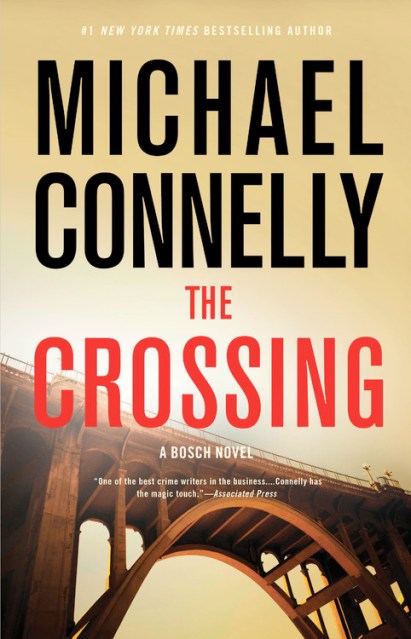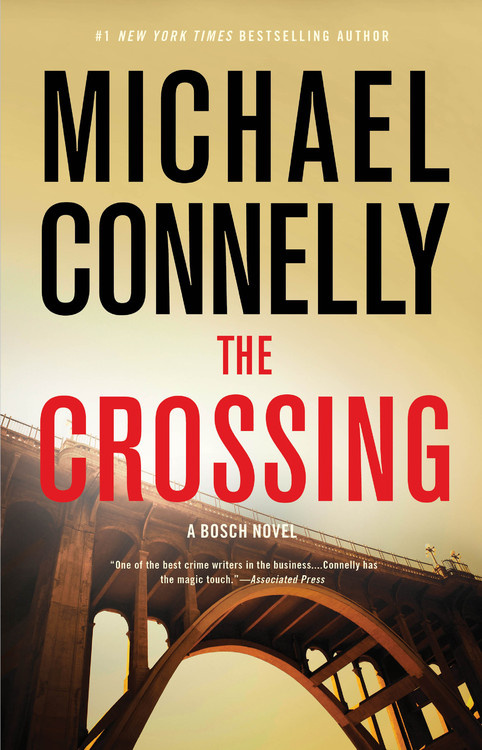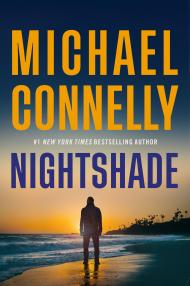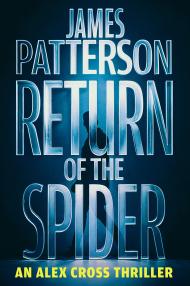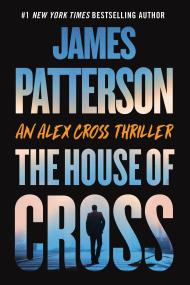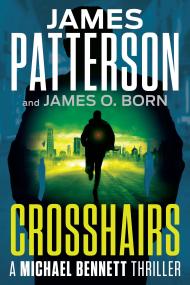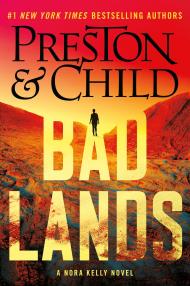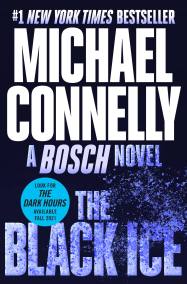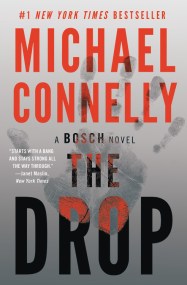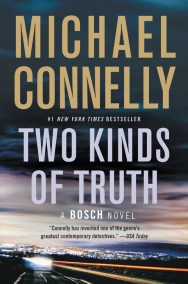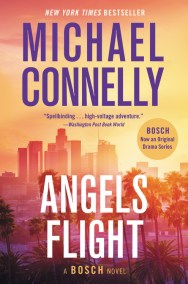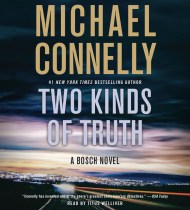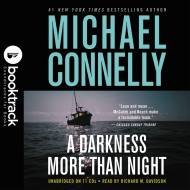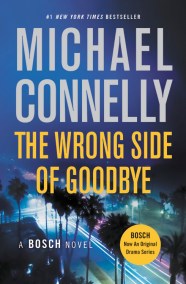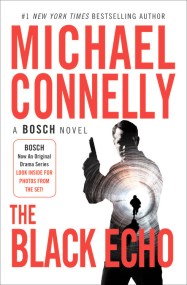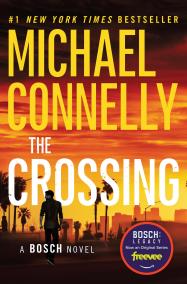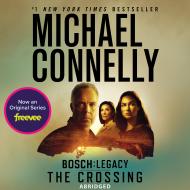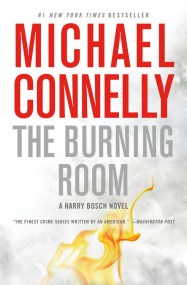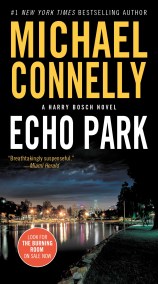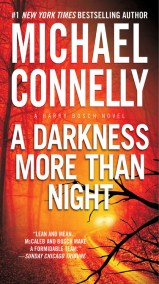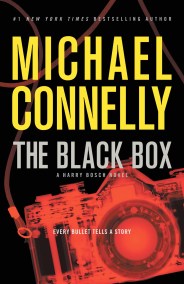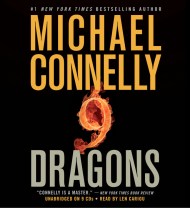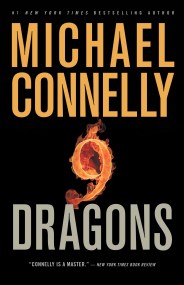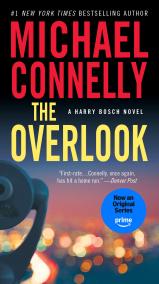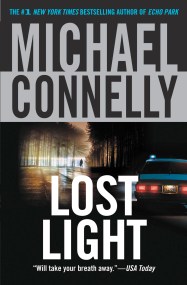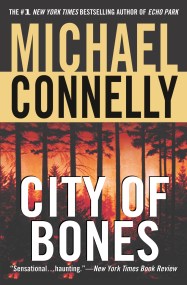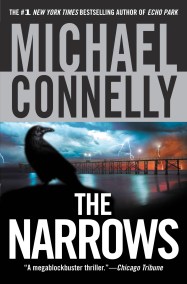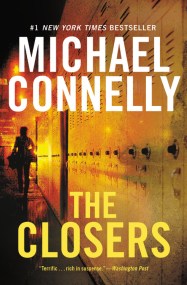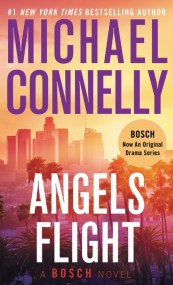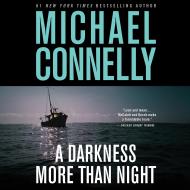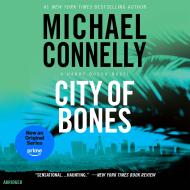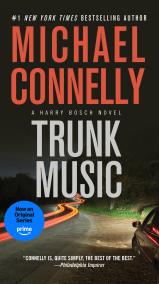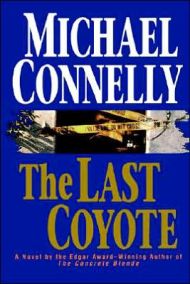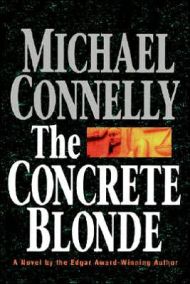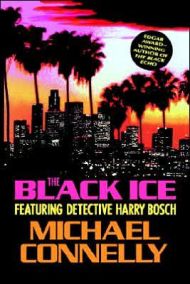By clicking “Accept,” you agree to the use of cookies and similar technologies on your device as set forth in our Cookie Policy and our Privacy Policy. Please note that certain cookies are essential for this website to function properly and do not require user consent to be deployed.
The Crossing
Contributors
Formats and Prices
- On Sale
- Nov 3, 2015
- Page Count
- 400 pages
- Publisher
- Little, Brown and Company
- ISBN-13
- 9780316225885
Price
$40.00Price
$50.00 CADFormat
This item is a preorder. Your payment method will be charged immediately, and the product is expected to ship on or around November 3, 2015. This date is subject to change due to shipping delays beyond our control.
Buy from Other Retailers:
In this “tense” thriller and #1 New York Times bestseller, Detective Harry Bosch teams up with Lincoln Lawyer Mickey Haller to track down a killer who just might find them first (Wall Street Journal).
Detective Harry Bosch has retired from the LAPD, but his half-brother, defense attorney Mickey Haller, needs his help. A woman has been brutally murdered in her bed and all evidence points to Haller’s client, a former gang member turned family man. Though the murder rap seems ironclad, Mickey is sure it’s a setup.
Bosch doesn’t want anything to do with crossing the aisle to work for the defense. He feels it will undo all the good he’s done in his thirty years as a homicide cop. But Mickey promises to let the chips fall where they may. If Harry proves that his client did it, under the rules of discovery, they are obliged to turn over the evidence to the prosecution.
Though it goes against all his instincts, Bosch reluctantly takes the case. The prosecution’s file just has too many holes and he has to find out for himself: if Haller’s client didn’t do it, then who did? With the secret help of his former LAPD partner Lucy Soto, Harry starts digging. Soon his investigation leads him inside the police department, where he realizes that the killer he’s been tracking has also been tracking him.
Thrilling, fast-paced, and impossible to put down, The Crossing shows without a shadow of doubt that Connelly is “a master of building suspense” (Wall Street Journal).
Series:
-
"As always with a Bosch novel, the delight is in the 'inside police' details....What Bosch does discover in The Crossing...should keep him busy--and Connelly fans happy--for years to come."Maureen Corrigan, Washington Post
-
"A classic whodunit...an extra treat for the reader is being able to follow the case from the dual perspectives of the prosecution and the defense... Brothers Bosch and Haller may be, but at times they seem a lot like an ego and its id."Marilyn Stasio, New York Times Book Review
-
"Connelly continues to write quality crime fiction, and The Crossing is another great character study mixed with a truly baffling puzzle."Jeff Ayers, Associated Press
-
"Tense and effective"Tom Nolan, Wall Street Journal
-
"The Crossing is another strong offering from perennial bestseller Michael Connelly.... He elevates the genre."Colleen Kelly, Minneapolis Star Tribune
-
"Connelly has created a subtle gem."Barry Lancet, New York Journal of Books
-
"Thrilling.... Harry is back in his groove....Finding the connections between the parts of the case...gives readers Harry at his best. We get the bonus of seeing Mickey take that case to court for one of his bravura performances."Colette Bancroft, Tampa Bay Times
-
"Connelly painstakingly and brilliantly shows Bosch slogging after the truth.... As always, Connelly's blackboard work is as precise as his finale is exciting."Booklist
-
"Masterly....Indeed, the notion of crossing resonates on different levels--the intersection of predator and prey, cops gone rogue, and for Bosch, the transition from one part of his life into something exciting and new."Publishers Weekly (starred review)
-
"The Crossing again proves Connelly as a master of the genre."Oline H. Cogdill , Sun-Sentinel
-
"Michael Connelly remains one of the most reliable writers in the PI crowd. Thirty books on, his plots get tougher and his characters more engaging. The only thing better than Harry Bosch and Mickey Haller is having the pair together and that's what The Crossing delivers, one of the best of Connelly's tales....You won't put this one down from first page to last."Margaret Cannon, Globe and Mail
-
"Connelly never dithers.... Despite his prolific output, Connelly rarely stumbles and he continues to find new and interesting angles to explore in detective and legal matters."Erik Spanberg, Christian Science Monitor
Newsletter Signup
By clicking ‘Sign Up,’ I acknowledge that I have read and agree to Hachette Book Group’s Privacy Policy and Terms of Use
